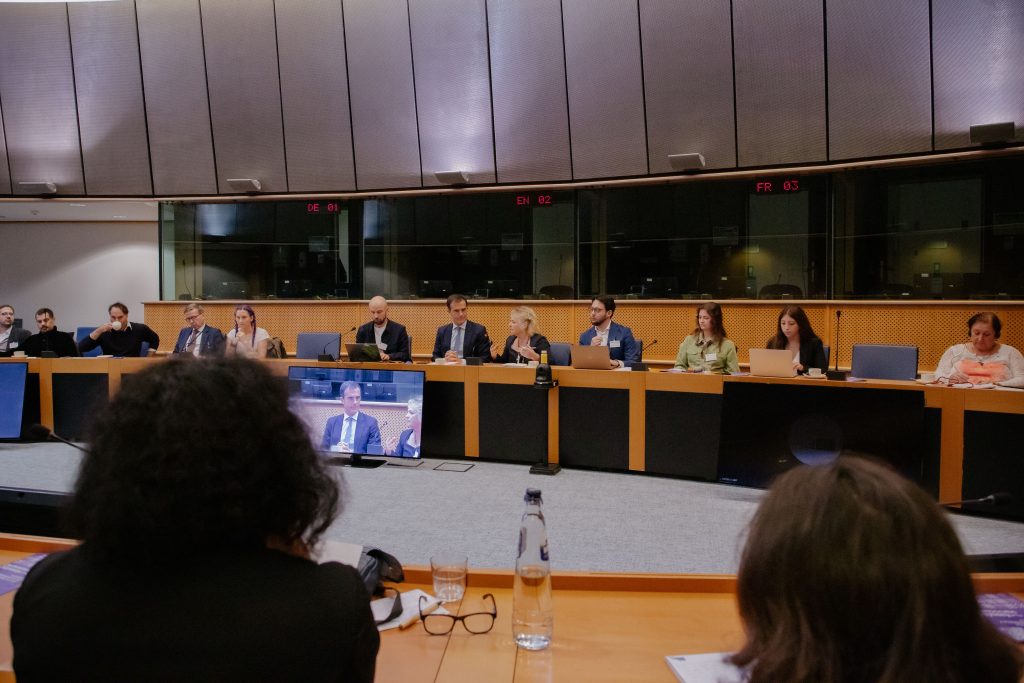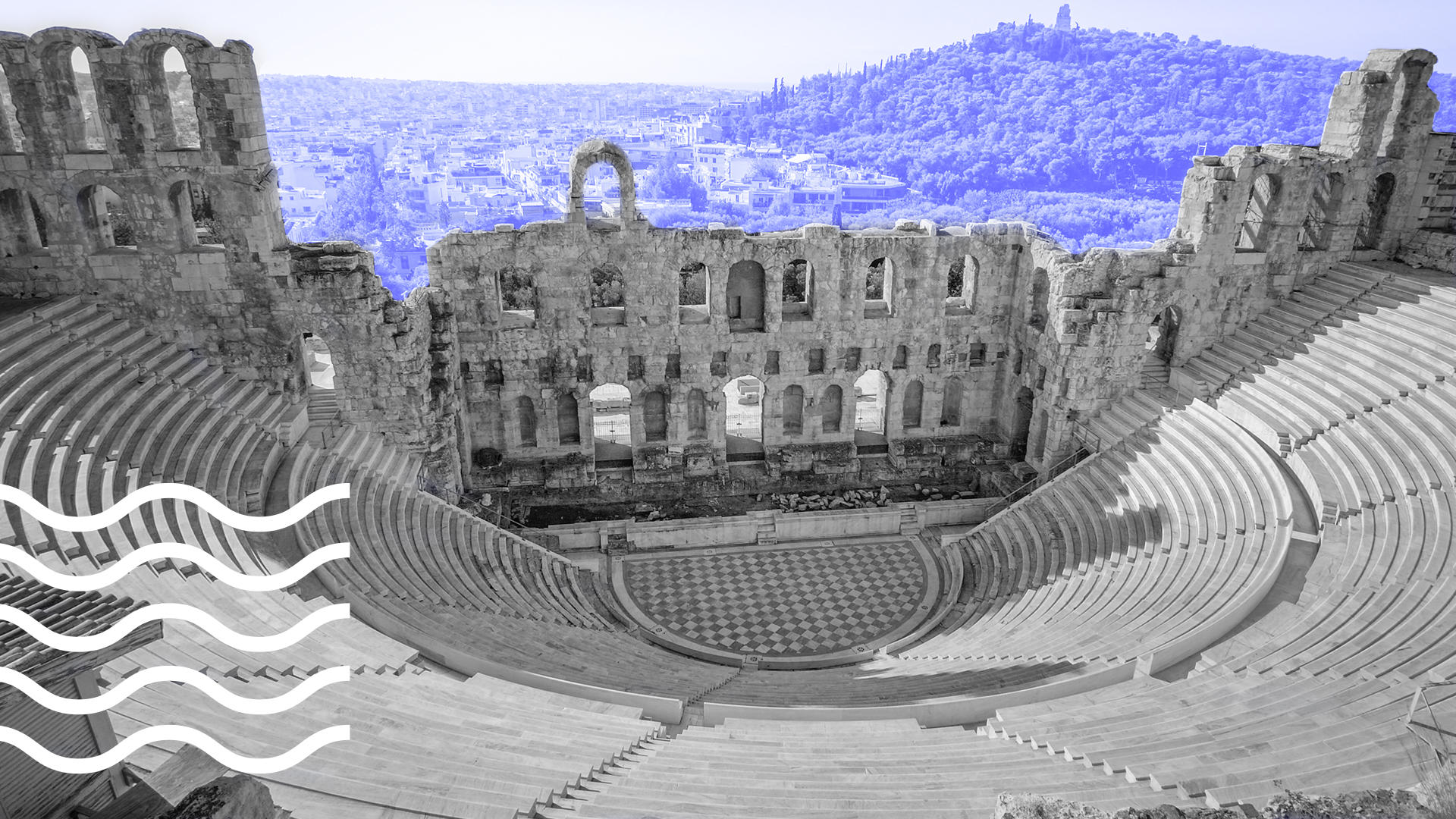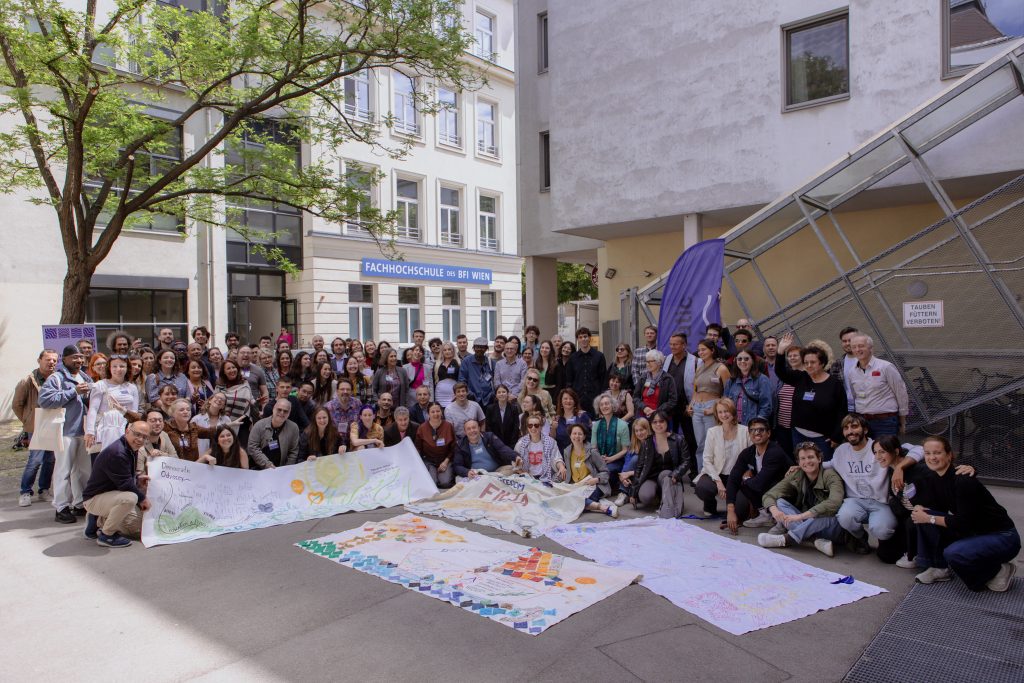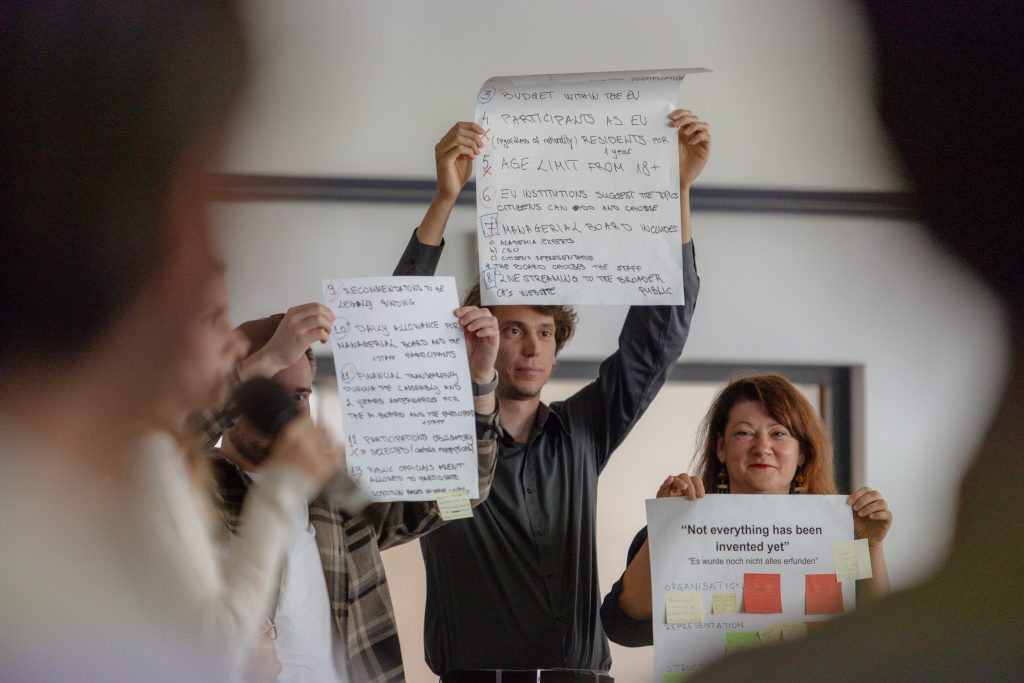Oct 20, 2025
Democracy in Crisis: Towards Permanent Citizens’ Assemblies
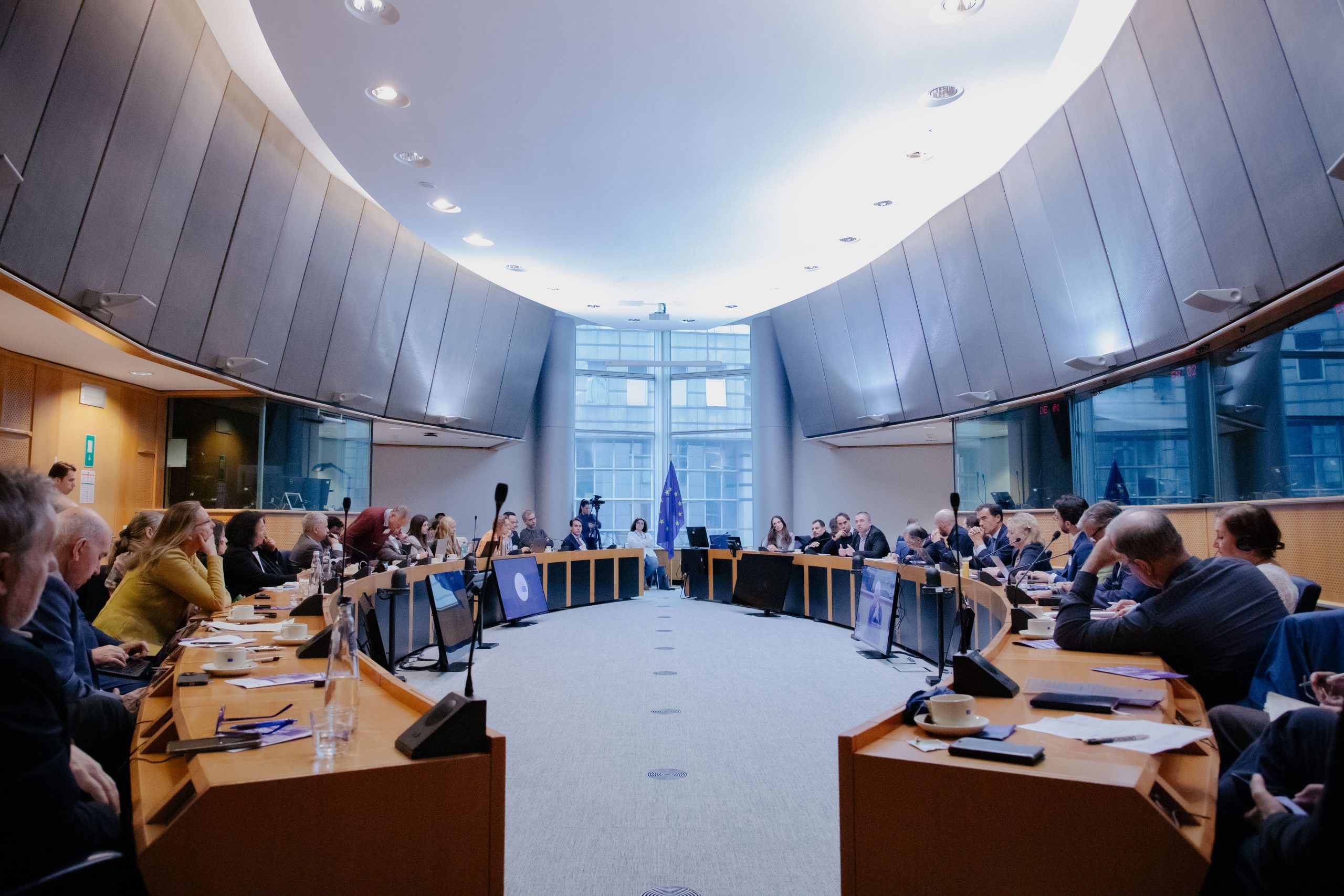
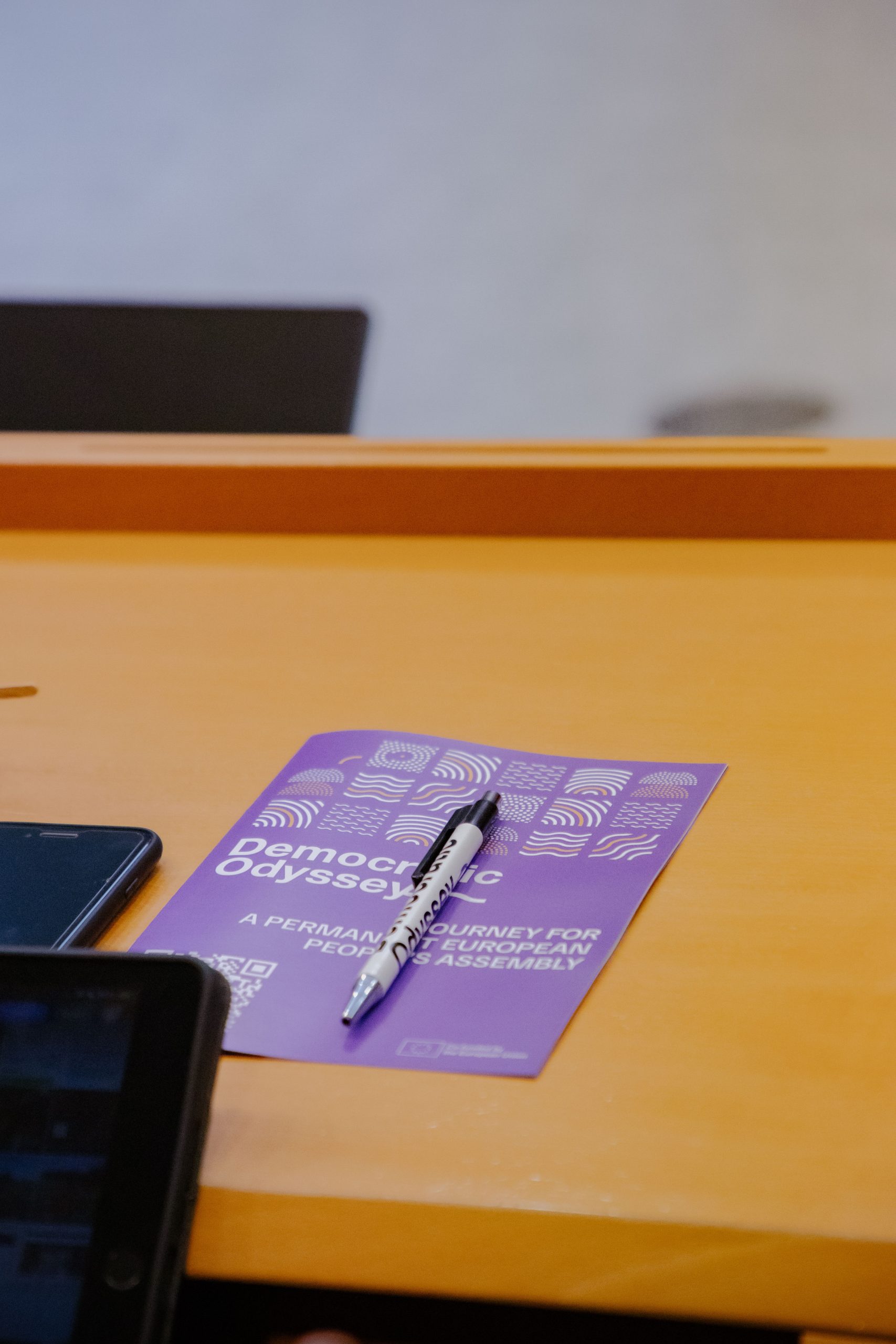
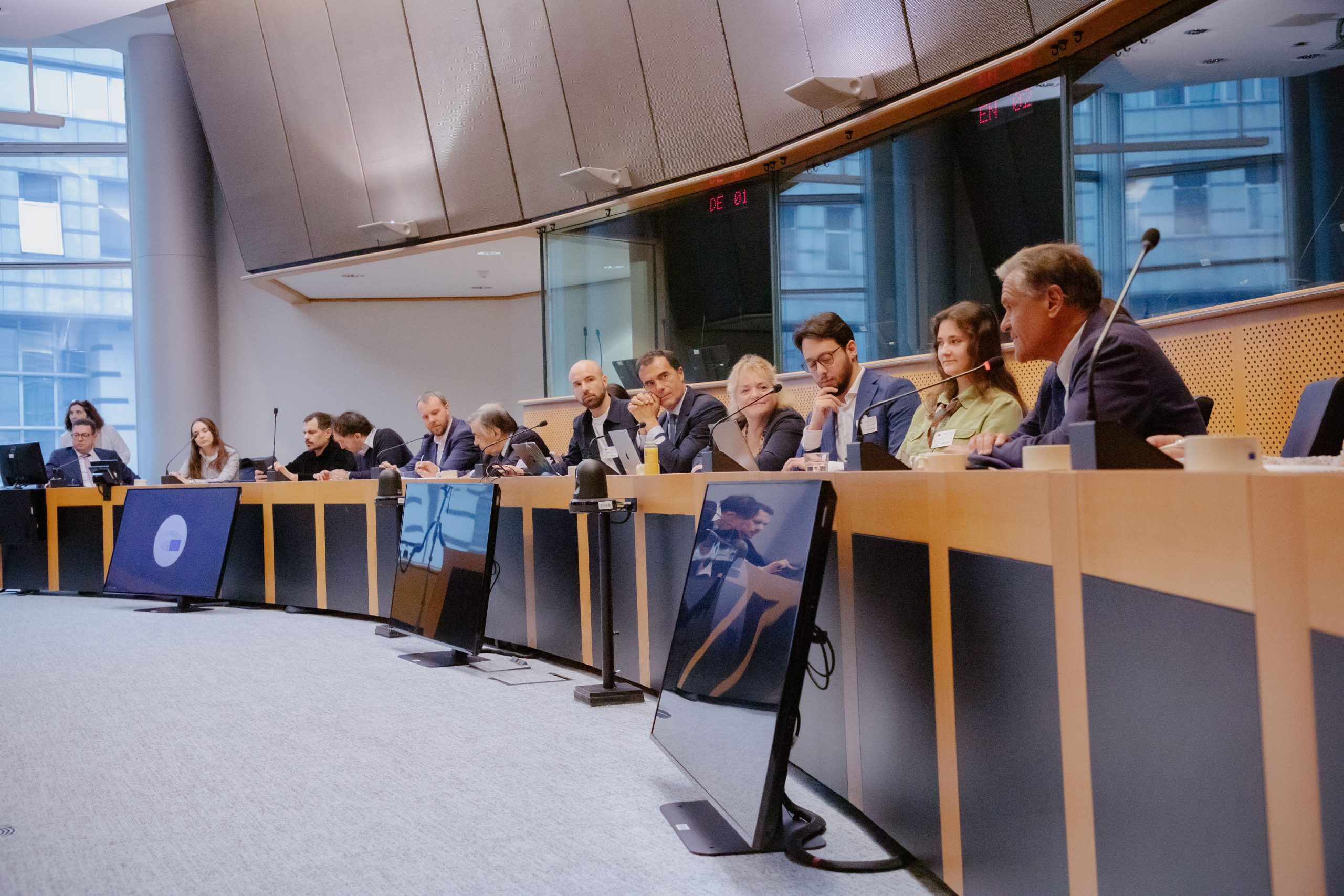
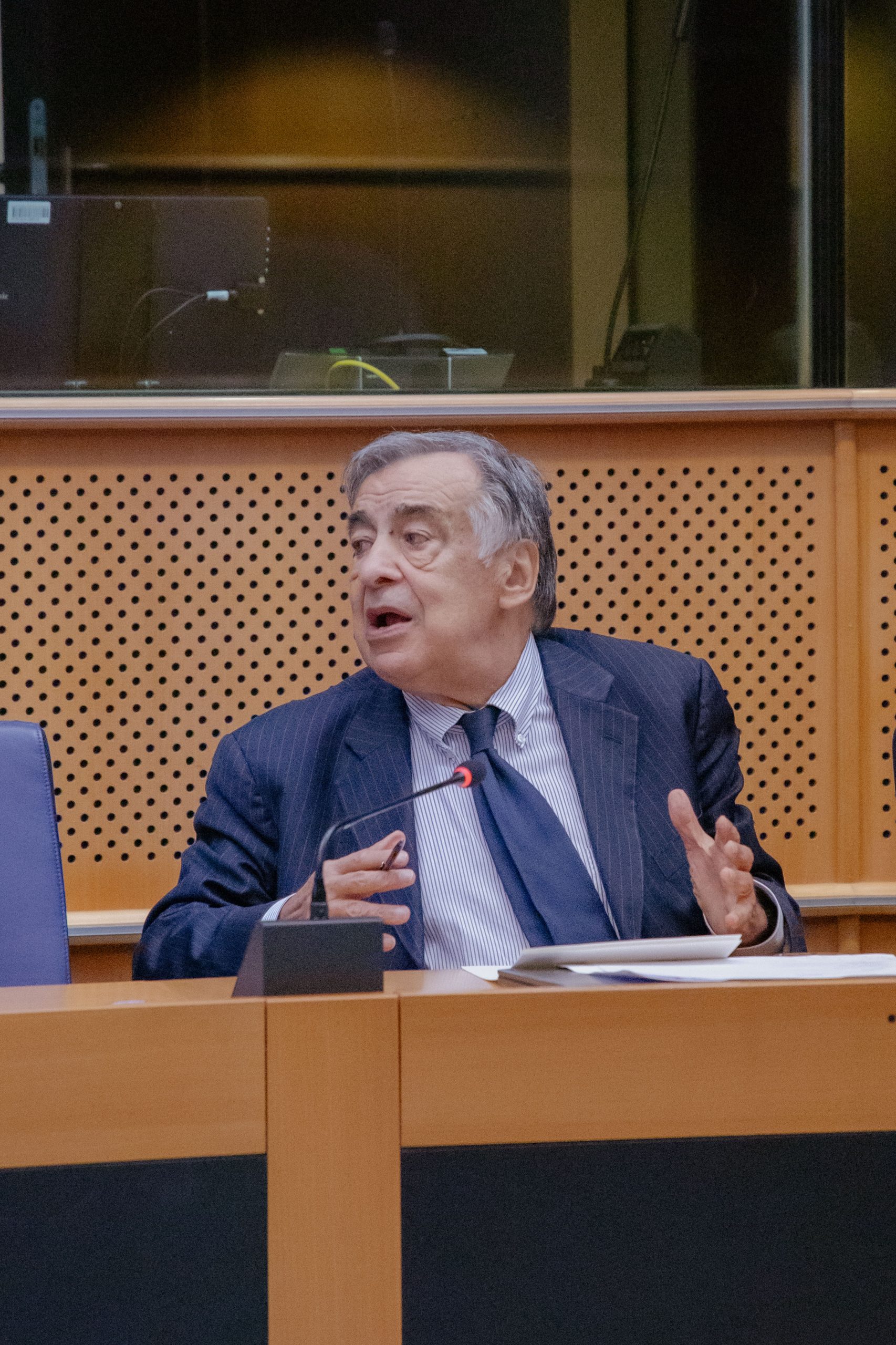
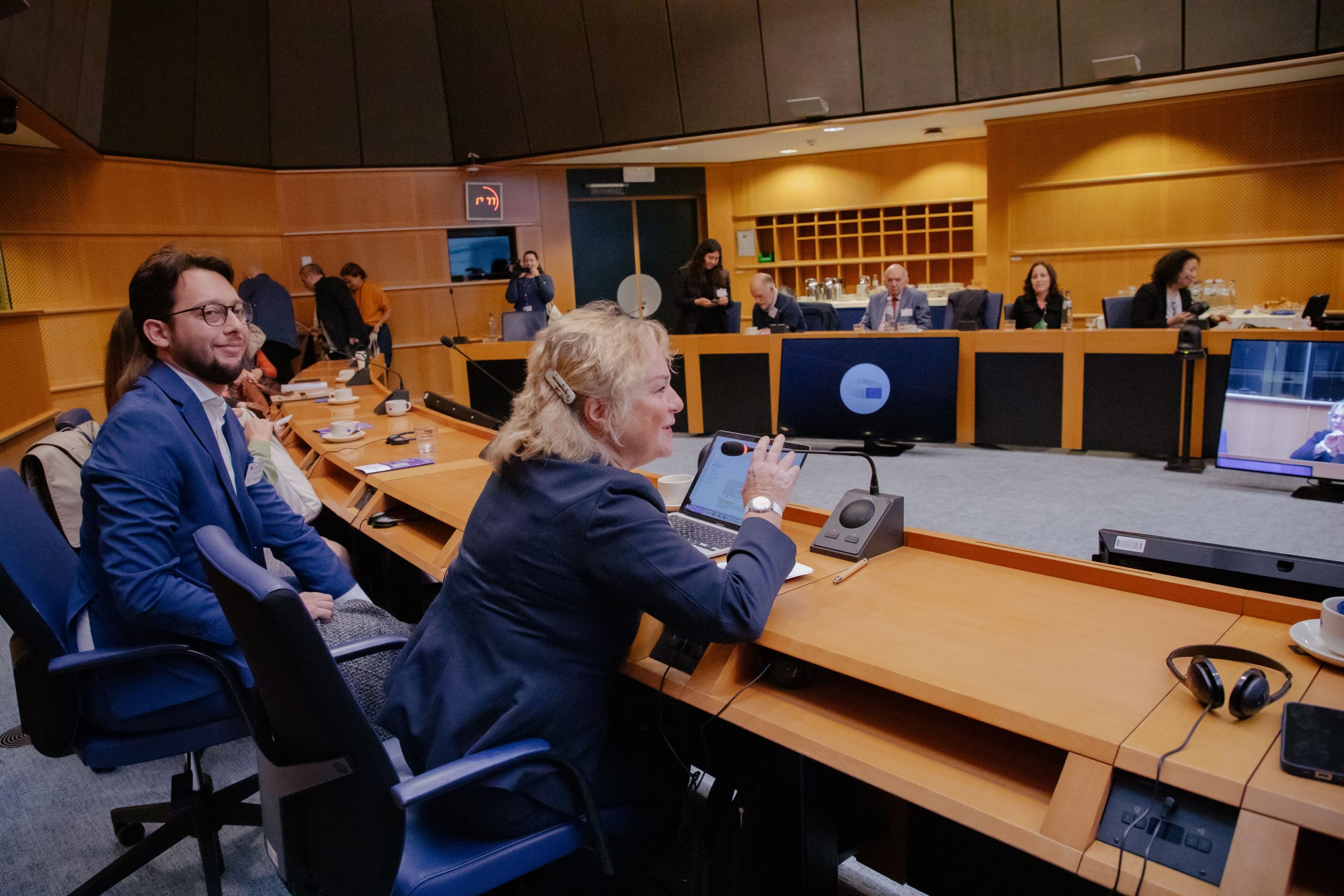
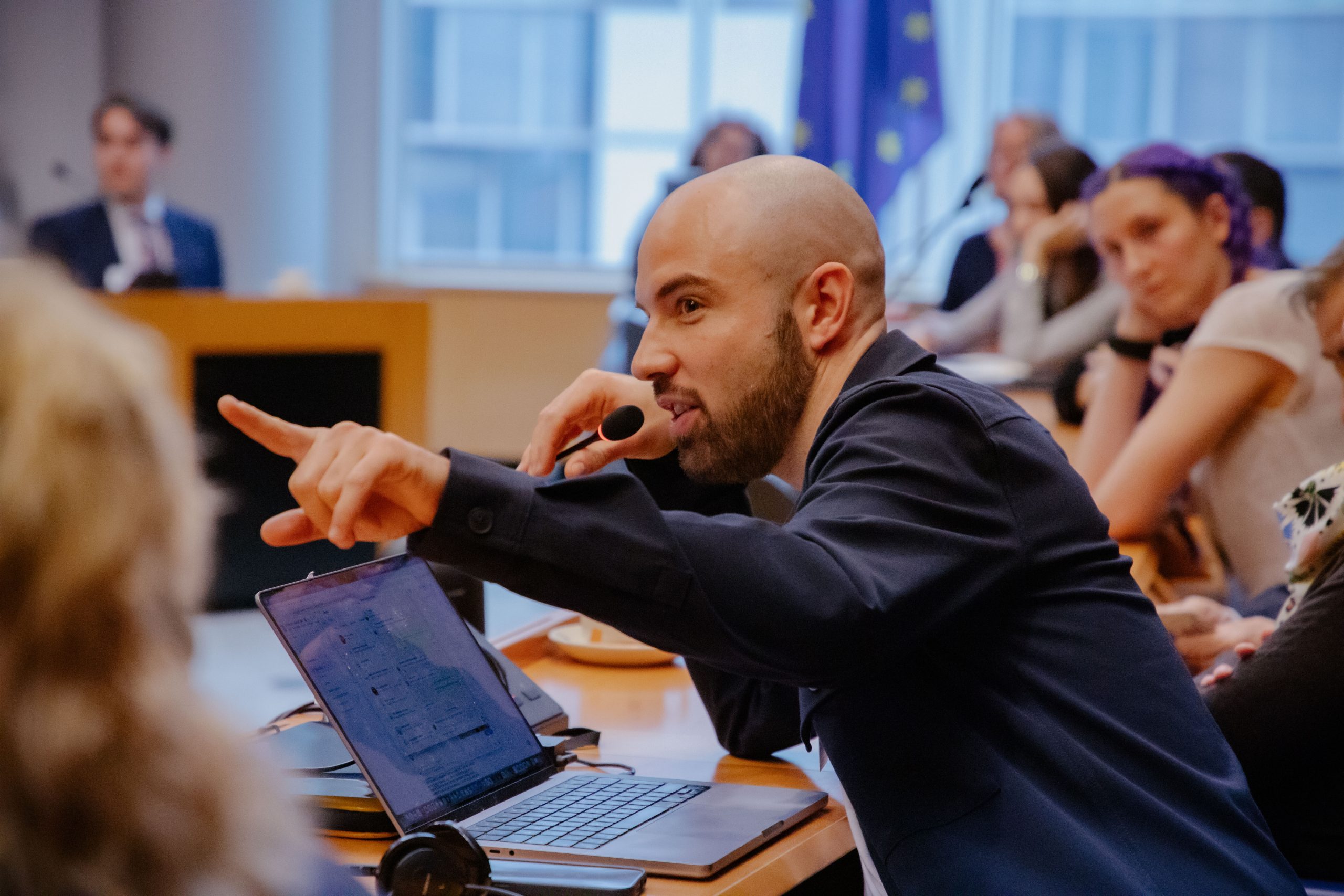
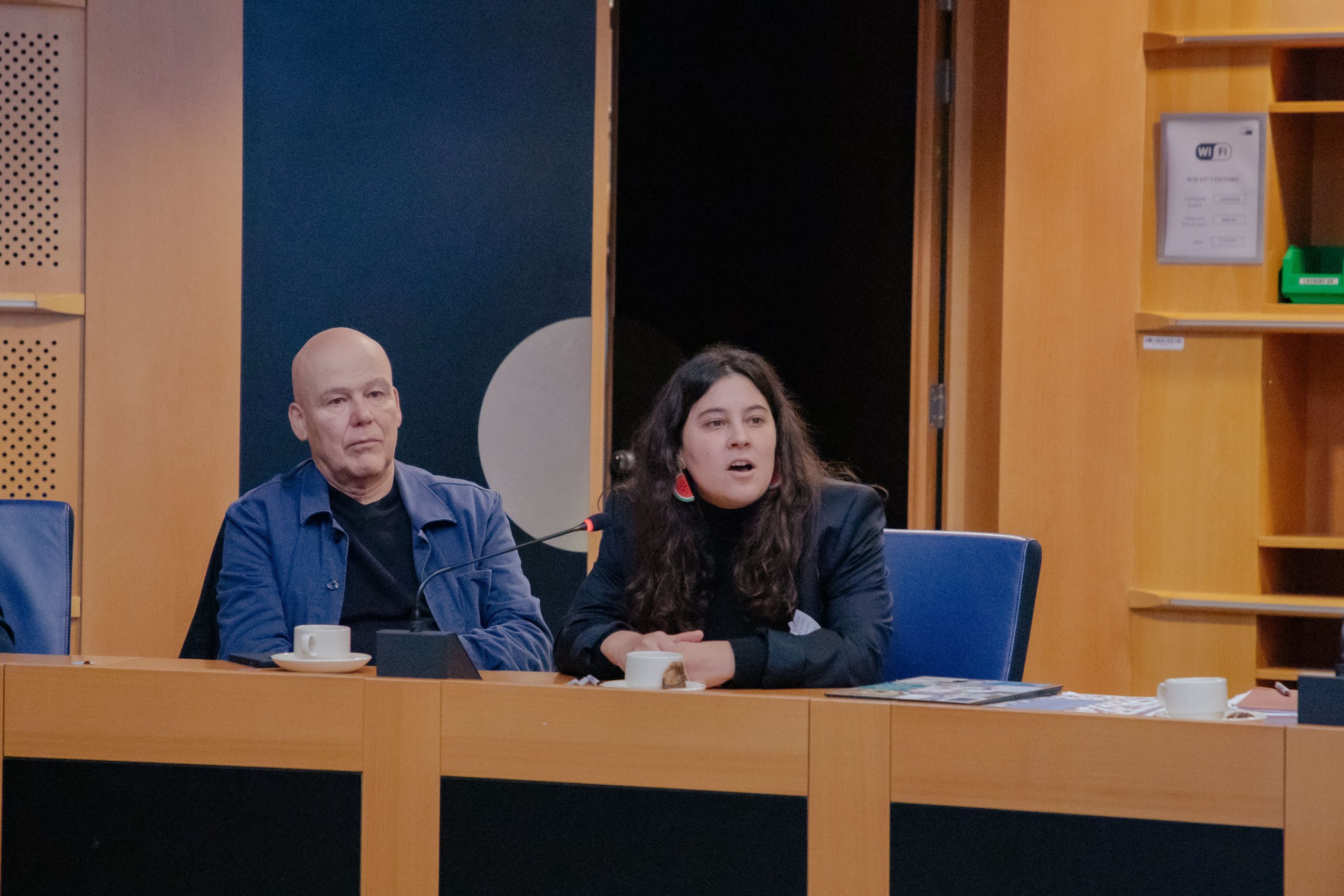
Photo credits: Noemi Pittalà
On 14 October 2025, in Brussels, the European Parliament hosted a roundtable co-organised with Democratic Odyssey to debate a bold question: Should a Permanent European Citizens’ Assembly stand alongside the European Parliament?
This moment marked the culmination of a two-year-long democratic experiment: 300 citizens from across Europe and beyond met in Athens, Florence, Vienna, and online to imagine how Europe could “manage crises more democratically.” Their deliberations shaped a Citizen’s Charter with 10 democratic pathways, calling for a permanent Citizens’ Assembly as a new chamber for Europe.
For us at European Alternatives, this event was not just a conclusion, it is part of a broader campaign for Permanent Citizens’ Assemblies across Europe. We believe democracy must live not only in institutions, but also in the hands of citizens, communities, and movements.
Brussels was a milestone, but not the end. From here, we continue building the networks, the practices, and the imagination needed to make citizens’ assemblies a permanent feature of European democracy.
MEPs present at the event
- MEP Sandro Gozi (host) – France – Renew Europe
- EP Vice President Victor Negrescu – Romania – S&D
- MEP Juan Fernando López Aguilar – Spain – S&D
- MEP Damian Boeselager – Germany – Greens
- MEP Leoluca Orlando – Italy – Greens
- MEP Daniel Freund – Germany – Greens
- MEP Loránt Vincze – Romania – EPP
- MEP Tomislav Sokol – Croatia – EPP
- Video endorsement by MEP Brando Benifei – Italy – S&D
- European Commission representative Mara Silva Almeida, leading police officer for the future of democracy project at the Joint Research Center of the European Commission
- Democratic Odyssey members: Kalypso Nicolaïdis, Yves Mathieu, Irene Alonso Toucido, Andrea Gaiba and Berta Mizsei
- Citizens’ Council members: Djemila Boulasha and Theo Rizos
“Transnationalism is the real answer to nationalism. It doesn’t replace national democracy or create a supranational layer; it opens doors and lowers the walls between our democratic spheres. Initiatives like this refresh and re-energize representative democracy. The European Parliament should not fear new forms of civic participation—it should be the hub of this network, taking up citizens’ proposals and ensuring real follow-up across EU institutions.” — Sandro Gozi, MEP
“To renew trust we must bring the EU closer to people: listen on the ground, understand needs, and turn participation into outcomes. From citizens’ panels on issues like hate speech and food security to new platforms for engagement, we’re learning how assemblies can work within and alongside institutions—when to involve people, what resources are needed, and how to ensure citizens feel democracy is truly theirs.” — Mara Silva Almeida, European Commission (JRC)
“Being heard creates dignity. Everyone should feel a full member of the European community, not outside it. That’s the challenge—and the promise—of citizens’ assemblies.” — Djemila Boulasha, Citizens’ Council
“We must use this crisis to change—to be reborn. It is a tremendous opportunity for democratic regeneration. A Permanent European Citizens’ Assembly should help build a European community where everyone is different and equal, and it must cooperate with PETI, involve European parties, and interact with national parliaments. Until we recognise our interdependence, there will be neither peace nor democracy.” — Leoluca Orlando, MEP
“Citizens’ assemblies are not a rival to parliamentary democracy but a complement—an invitation to co-create Europe’s future. If the EU is to renew itself, it needs a permanent space for deliberation that bridges citizens and institutions, channels transnational perspectives, and turns democratic imagination into concrete follow-up.” — Kalypso Nicolaïdis, DO member
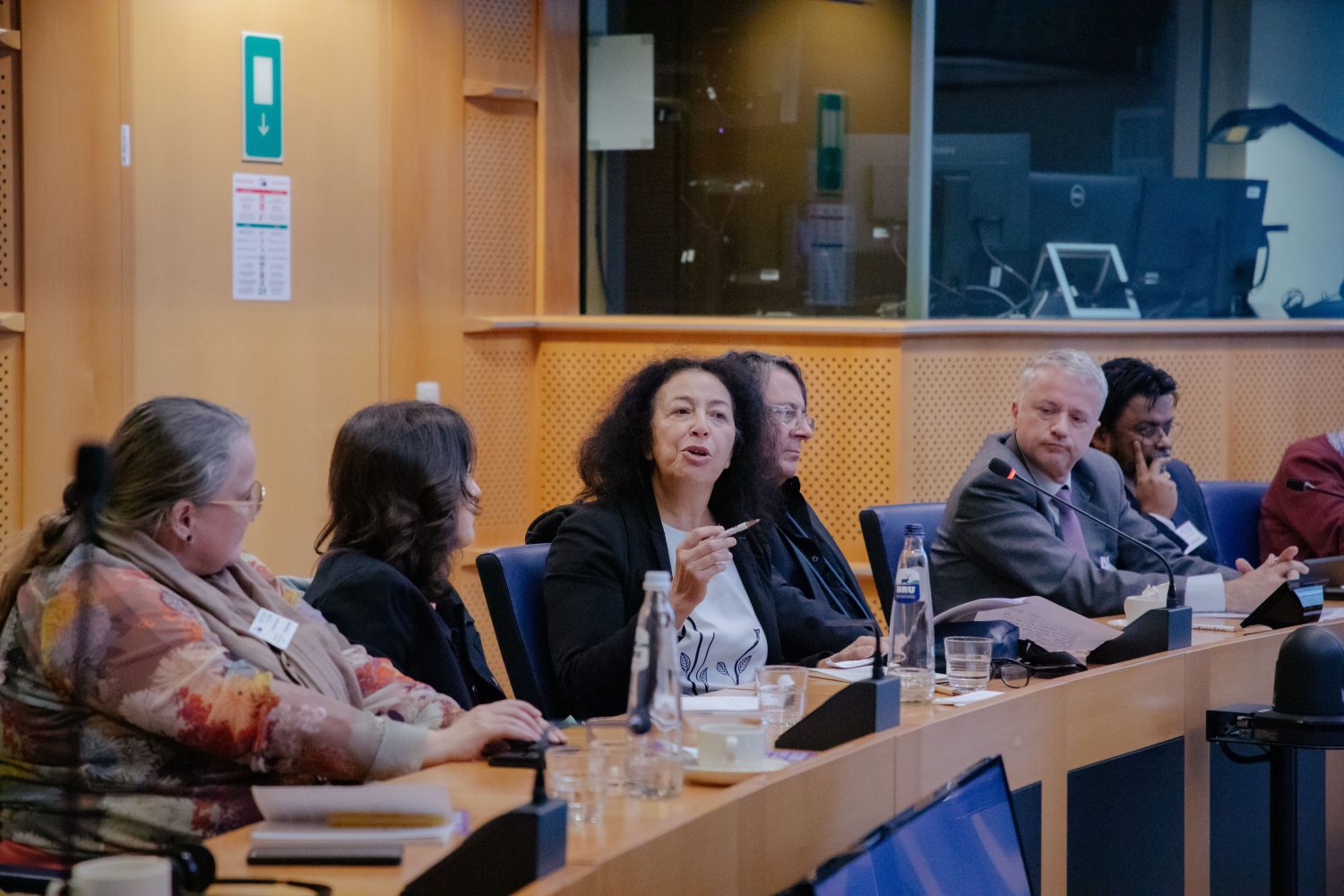
Photo credits: Noemi Pittalà
